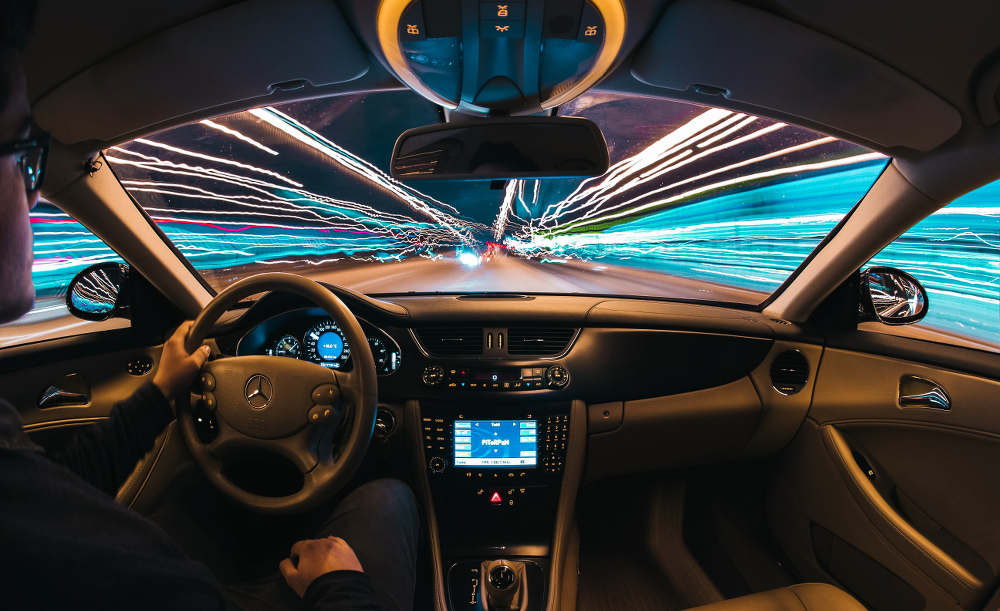The development of the electric vehicle and the arrival of the autonomous vehicle mark a revolution that not only impacts car manufacturers but also automotive suppliers.

Technical revolution
Electronics have incorporated the automotive industry since many years, however its presence and role have become preponderant to the point that today the heart of a car is no longer its motor but a connected central unit, capable of registering and processing hundreds of pieces of information on the vehicle, as well as on its user.
The intelligent or connected vehicle requires automotive suppliers to provide not only simple technical products for one basic application, but to create products that insure a larger function, one that is intelligent (insuring data capture, data management and data processing) and that integrates itself in a global solution including services.
Business model evolution
Indeed, it is this global solution product + services that car manufacturers are expecting today.
This evolution obliges automotive suppliers to think of their role in a different way (no longer What can I sell to him? but rather What can I do for him?), and for certain, to review their business model by no longer invoicing directly the product itself, but the service provided through this product, as well as all the services involved: development of special machines to install the product into the vehicle, the maintenance of this equipment, the training of car manufacturers people
Like every (r)evolution, this one raises concerns but it also generates many opportunities in terms of business and management.
A substantial movement
Some other industries have already started mutations of this kind, such as household electrical equipment (alarms, smoking detectors, heating and air-conditioning systems ), which remain classic products regarding their technology, but that the development of home automation lead them to become autonomous and connected.
Another example is medical instrumentation: less frequently purchased by hospitals and clinics, these devices are mostly provided by equipment suppliers who invoice each operation, analysis or diagnostic made by the device concerned, as well as the related services: installation, maintenance, training of the users, provision, renewal of consumables, etc
This mutation appears to be the symptom of a substantial movement related to the emergence of shared economy. It consists in no longer consuming a product (I buy and own an equipment) but rather the service provided (I use and pay for this equipment only when I need it).
Customized services
By replacing the need to possess by the efficiency of use, shared economy invites all of the industrial actors to change their level of intervention, a little bit like if we were going from prêt-à-porter clothing to haute-couture: a luxury we get used to quickly!
ARROWMAN Key Insight
While the automotive industry has worked in a rather endogenous way so far by recruiting profiles coming mostly from its own sector, this double revolution favors the emergence of new professions that are on the border between Manufacturing, Services and Technology 2, 3 and 4.0.
Arrowmans Manufacturing Industry practice regularly supports automotive suppliers for the development & building of their teams.
In this context, we closely collaborate with Arrowmans IT & Digital Practices as well as our partners from L&L Advisory Group, our international network. This allows us to expand our searches to profiles coming from other sectors which have already operated this kind of transformation (industrial robotics, home automation, instrumentation ) and which integrate connected objects (IoT) and develop a wide range of services related to their products.
Alexis BRODSKY, Associate Director of ARROWMAN Executive Search, Industry Expert and in charge of the International sector.





